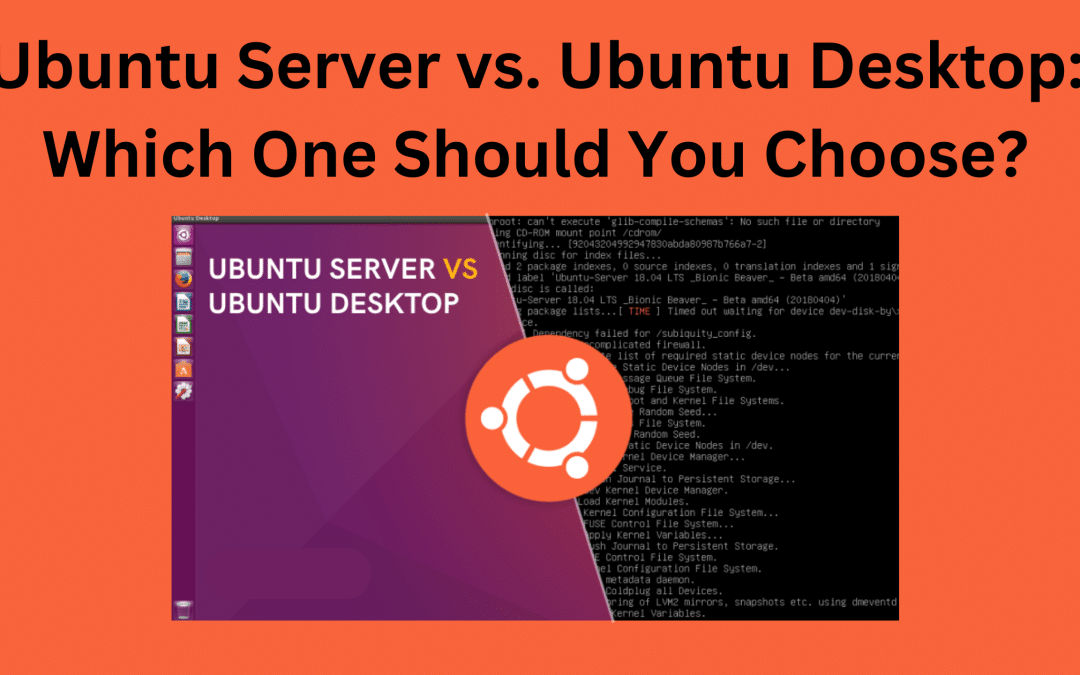Cheap Dedicated Server
Ubuntu Server vs. Ubuntu Desktop: Which One Should You Choose?
Ubuntu Server vs. Ubuntu Desktop: Which One Should You Choose?
Can I install a GUI on Ubuntu Server?
Yes, while Ubuntu Server does not come with a GUI by default, you can install one manually (such as GNOME or XFCE) if needed. However, most users opt to keep it headless for better performance.
Can Ubuntu Desktop be used as a server?
Yes, Ubuntu Desktop can run server applications, but it is less optimized for performance and resource usage compared to Ubuntu Server, which is designed specifically for server tasks.
What are the hardware requirements for Ubuntu Server vs. Ubuntu Desktop?
Ubuntu Server has lower hardware requirements since it lacks a graphical interface, making it suitable for low-spec systems. Ubuntu Desktop requires more resources, including at least 4GB of RAM for smooth performance.

